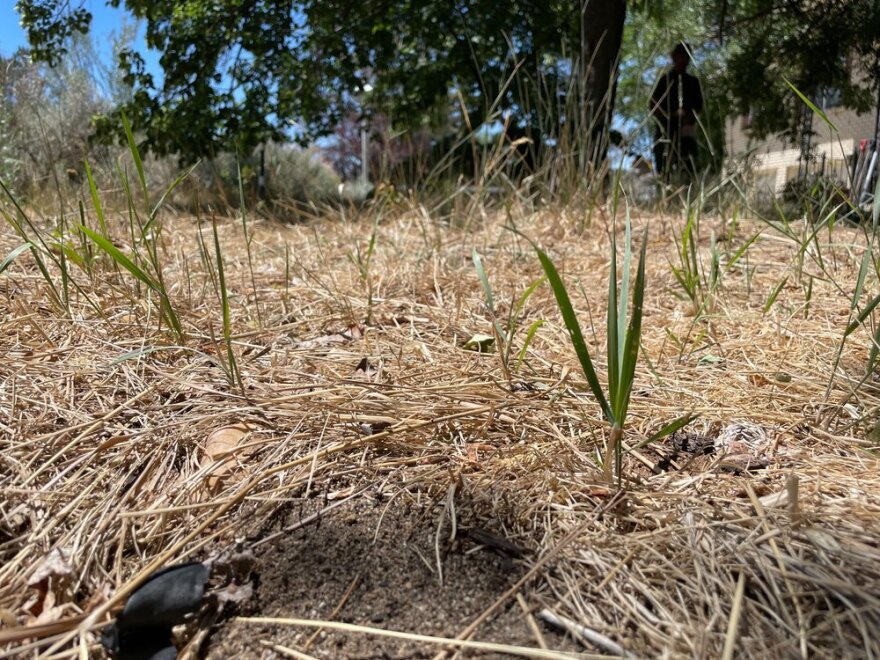Even with normal precipitation in recent weeks, most of New Hampshire is still in a drought, according to the U.S. Drought Monitor. And with winter coming, things could only get worse once the ground freezes.
Drought conditions have generally improved since the summer and fall, but along the state’s borders with Maine and Vermont, there are pockets of what experts consider “extreme drought.”
Experts say most communities need an abnormal amount of rain to get back to typical levels.
The state's long-running drought is a particular concern this time of year, according to Ted Diers, who oversees the water division at the New Hampshire Department of Environmental Services.
“A lot of the conditions that we have are pretty much set going into the winter, because we do expect to see ground freezing up,” he said.
When the drought-impacted soil freezes, it can’t absorb water from snow melt — meaning that experts expect the drought to continue into next year.
Diers said the drought will be prolonged even more if dry conditions mean aquifers are not refilled.
As the drought has lingered, more and more homeowners across the state have been contending with dry wells, Diers said. Many people have resorted to having water haulers bring water to their homes or drilling deeper wells.
“Bringing in water would be probably hundreds of dollars a month for people to try to do that,” Diers said.
He said many well drilling companies have month-long waiting lists right now.








